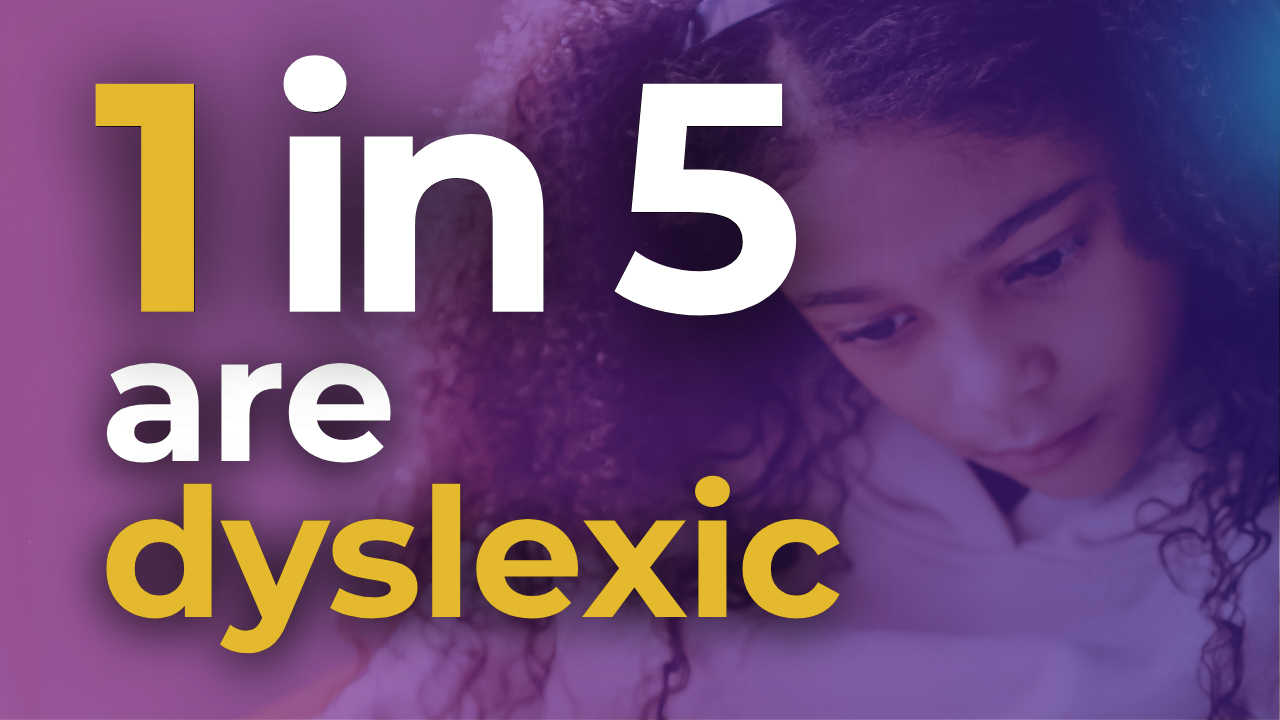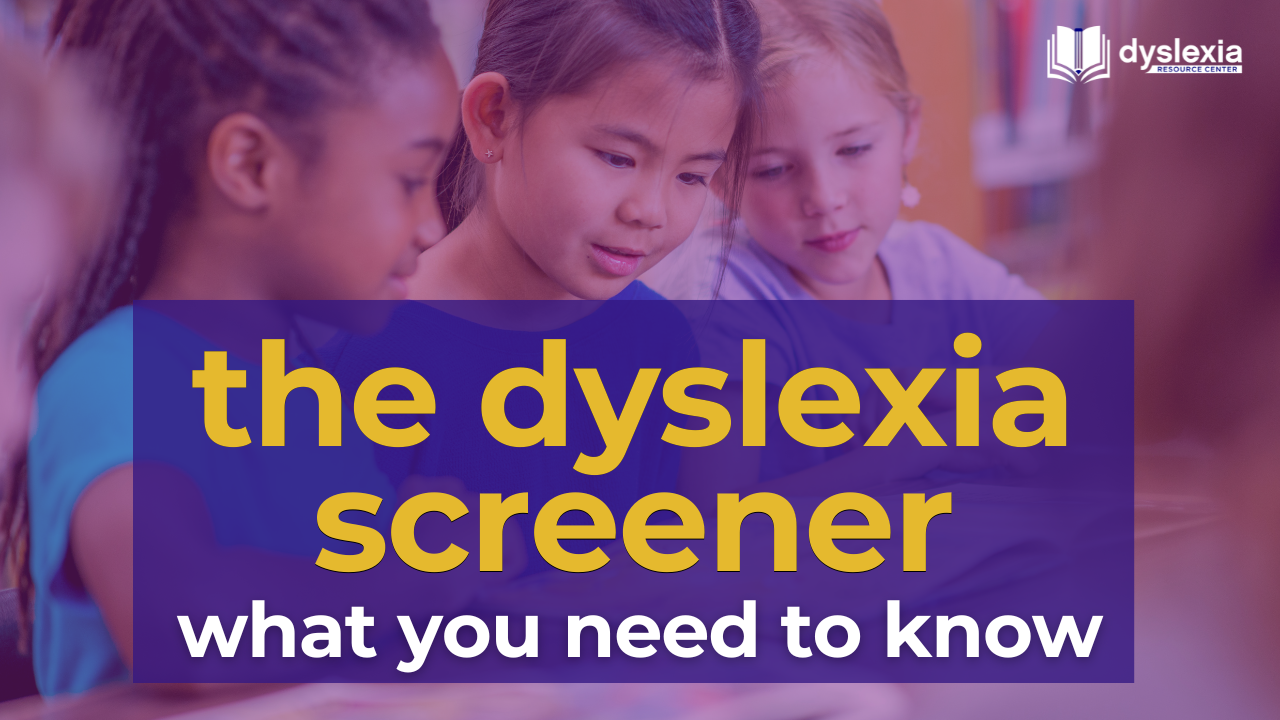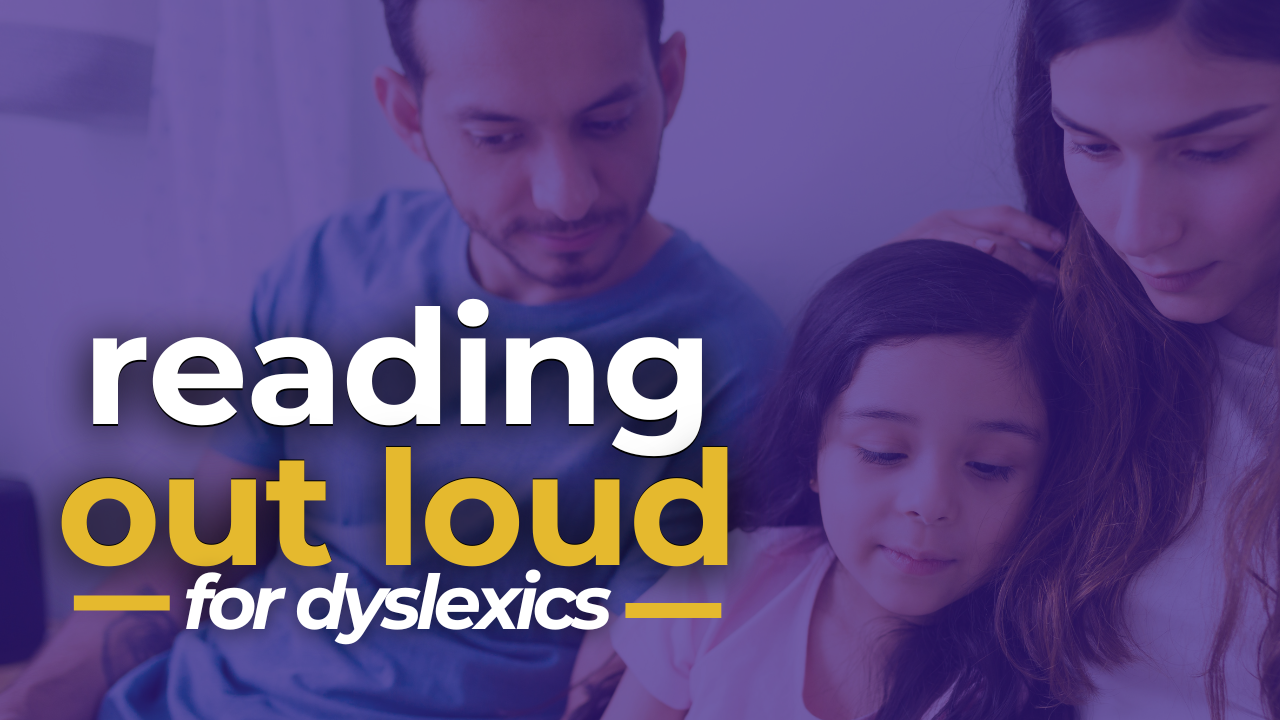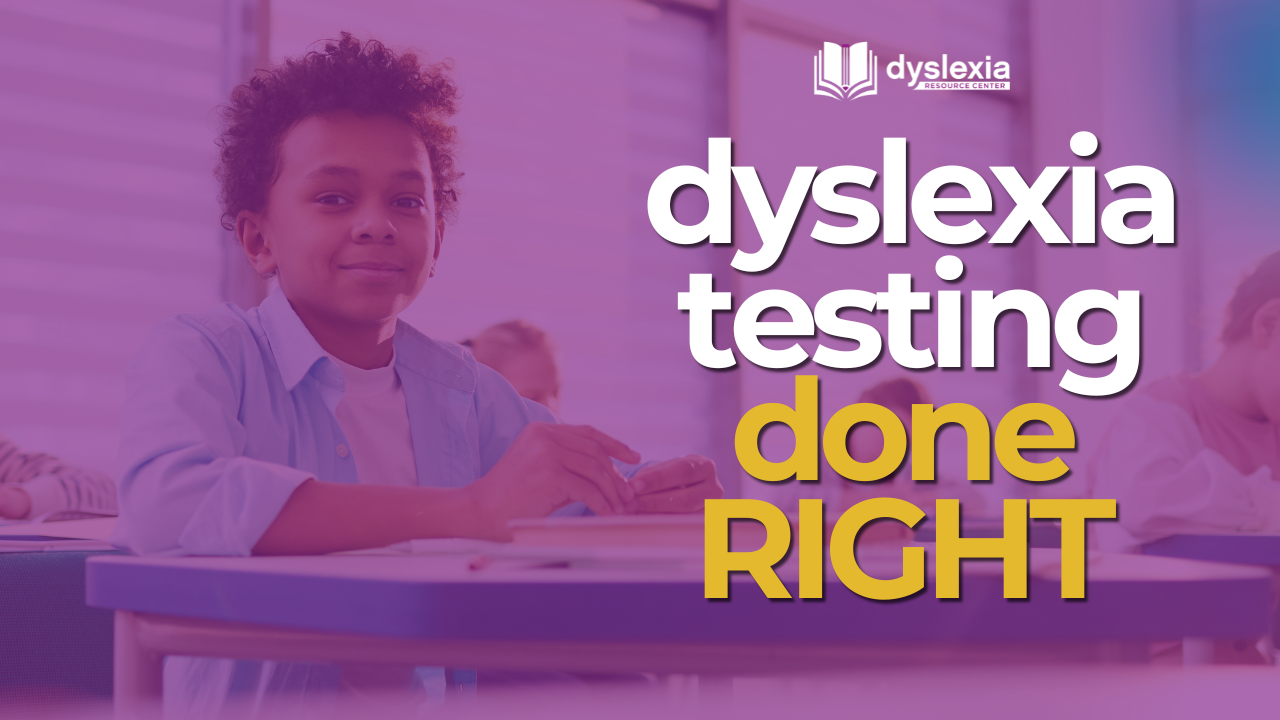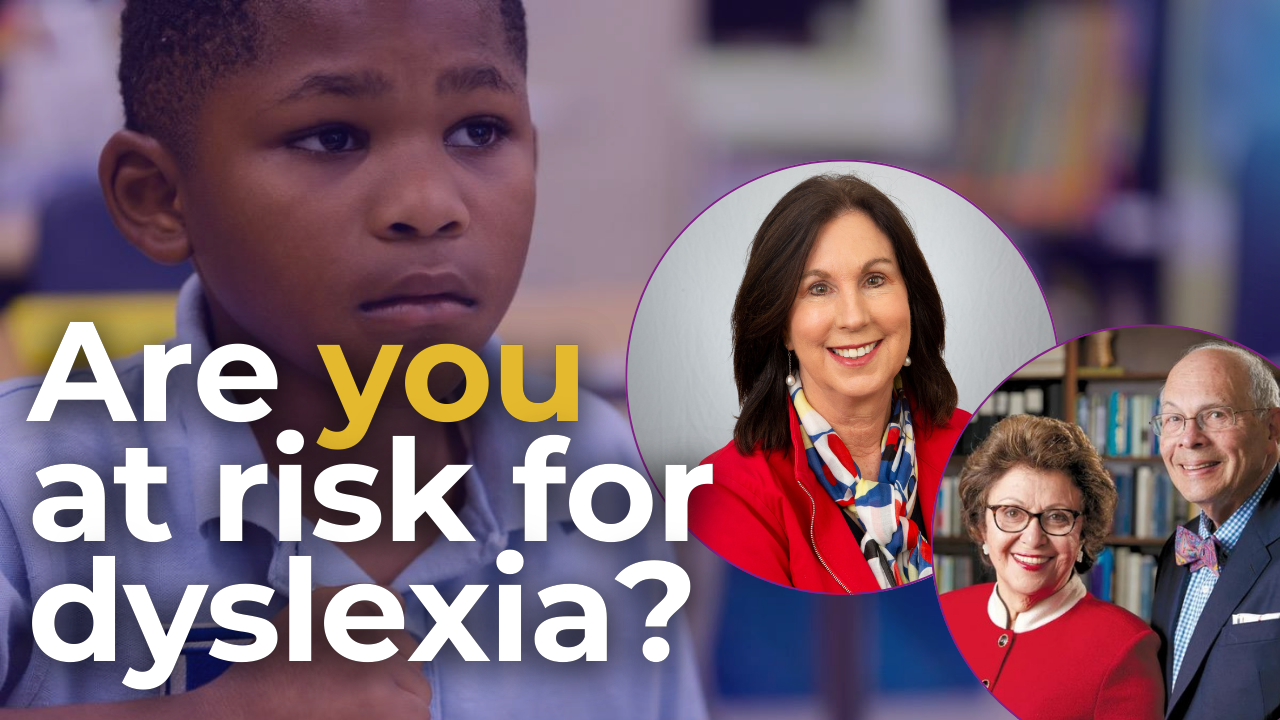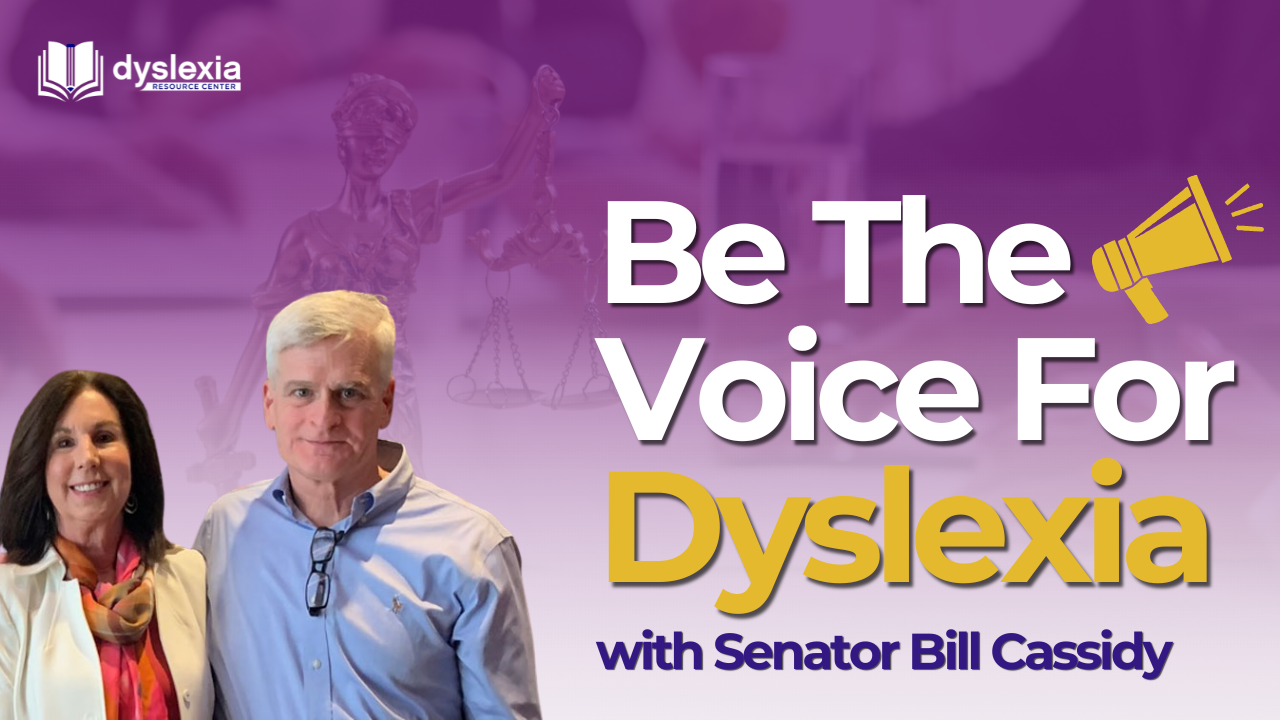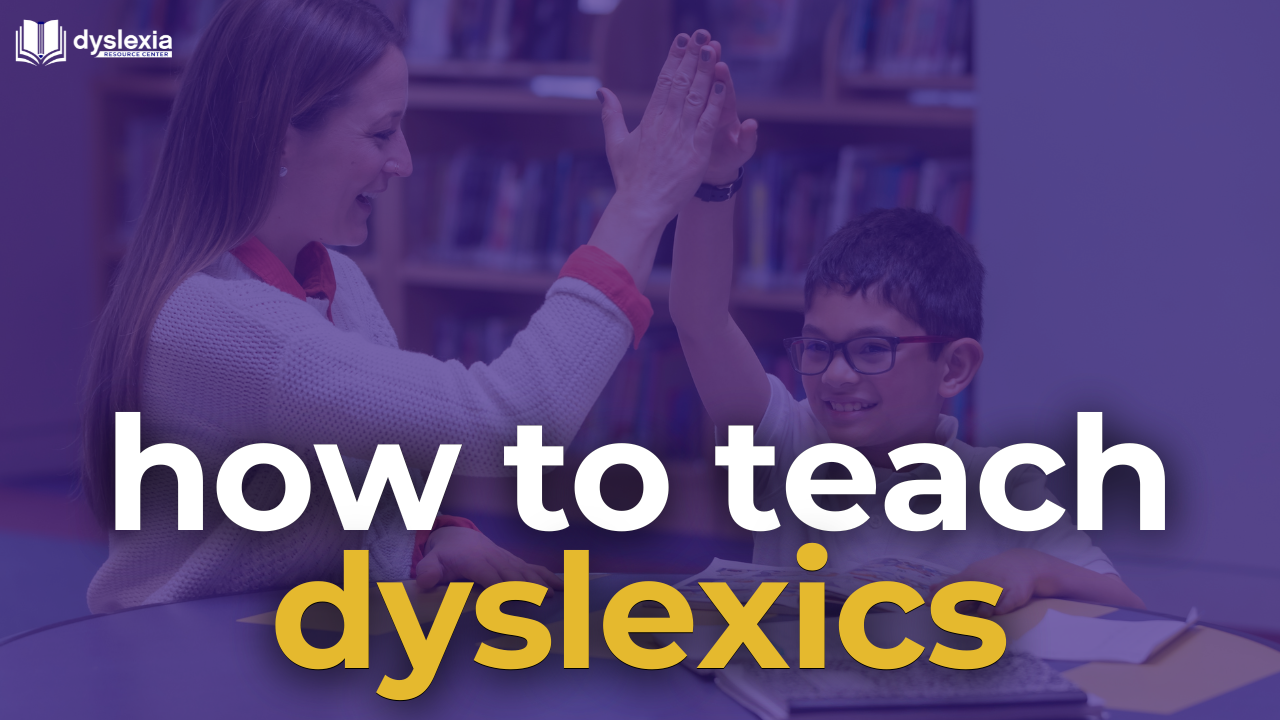What Is In A Name?

As we approach Dyslexia Awareness Month we should talk about the importance of using the name “dyslexia” when appropriate, which is when a child is dyslexic. Seems fairly obvious, right?
Dyslexia is a specific entity that should be identified so the child can be given the evidence based instruction needed for success.
Dyslexia is an UNEXPECTED difficulty in reading. Unexpected because they are bright kids but their brain uses an inefficient system to read so they have difficulty connecting the smallest parts of the spoken word to letters.
On the other hand, lumping dyslexic children with others in a vague category of “Learning Disabilities” does a disservice to children with dyslexia. Doctors don’t call Strep throat a sore throat. It is specifically called “Strep” throat for the bacteria, Streptococcus and the patient is given the appropriate, specific antibiotic.
Children with dyslexia should know they are dyslexic, what dyslexia is, and how to advocate for themselves. They are less likely to get the education they need if they are not identified as dyslexic and more likely to feel that something is wrong with them if they don’t know that they are dyslexic. These bright children that struggle with reading, writing, spelling and/or math need to understand why they are struggling in school. They are smart enough to know that they are different from their peers and they can subsequently have low self esteem, anxiety and act out in class.
It also also time to bust the myths that surround dyslexia:
-Dyslexics can be slow readers so they are slow thinkers. No, they can be slow readers but they are quick thinkers.
-Spelling is correlated with intelligence or capabilities. No. The truth is Dyslexics are bright but often very poor spellers.
-Dyslexics can often have trouble with math in the early years or with language heavy math problems so my child ‘s career is limited. No, there are many engineers that are dyslexic.
-My dyslexic child is struggling academically so I should accept that h/her life will be limited. No, persevere and get your child the instruction and accommodations needed for success.
-They cannot put “dyslexia” on my child’s IEP. Not true. Your child will be in the category- Specific Learning Disability but under that, dyslexia CAN and Should be written.
- I am an adult and just found out I am dyslexic but there is no need to speak out. NO! Please be public so you can encourage others and the community of dyslexics will grow stronger.
So, educate yourself and your child. Don’t be embarrassed to use the word “dyslexia”. Encourage your child to use it and make sure anyone involved in your child’s education knows that s/he is dyslexic so like Penicillin for “Strep” throat your child gets the education needed specific to dyslexia.
